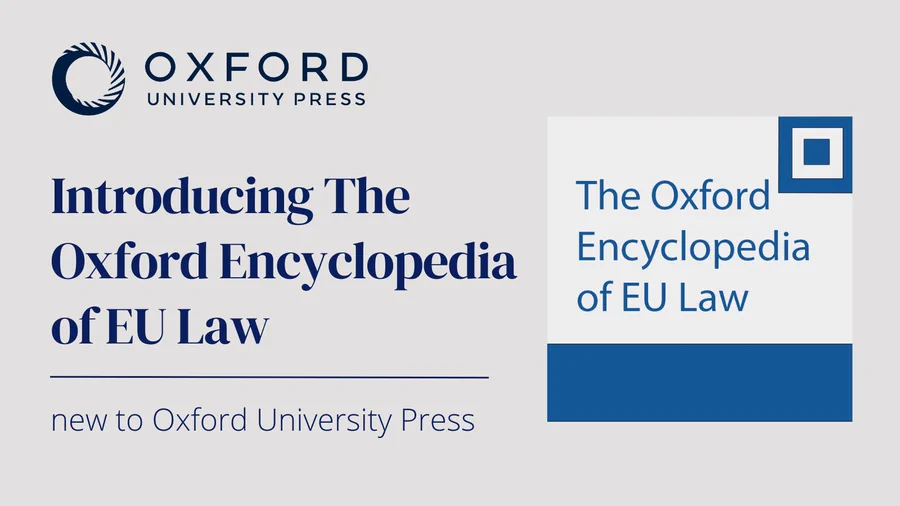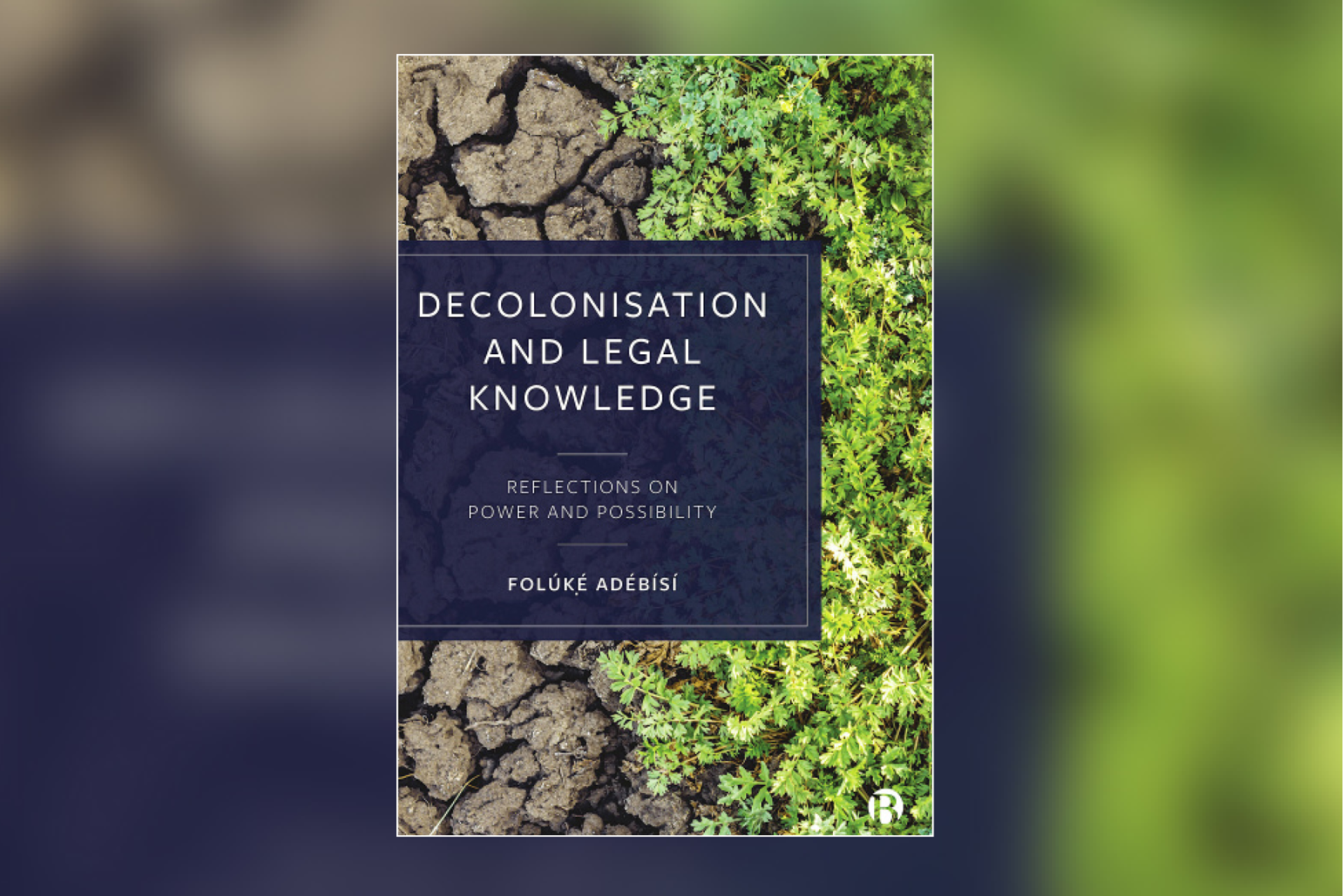You may be interested to know about a trial we have currently running for the Oxford Encyclopedia of EU Law. From the publishers’ website:
A year ago, the Oxford Encyclopedia of EU Law (OEEUL) was launched as a new product within the Oxford Public International Law (OPIL) family. Providing high-level analysis of European Union law by specialized distinguished contributors, OEEUL articles define, explain, and analyze EU law’s key legal concepts in an accessible yet profound way. It is a source of great pride for the OEEUL team that in its first year, the encyclopedia has grown from the initial 100 entries to its current 131 articles – with the team dedicated to increasing this content by tenfold in the coming years to eventually cover the entire EU legal order.
This database is offered via the Oxford Public International Law (OPIL) platform, where we also subscribe to the Max Planck Encyclopedias of International Law, and the Oxford Reports on International Law; both key resources for research and study.
The trial for the Oxford Encyclopedia of EU Law runs from 16th August to 16th October 2023, and the databases can be accessed via the E-resources trials page. Please have a look at the content provided and let us know what you think using the Trial feedback form. All comments will help us decide whether to subscribe to this resource going forward.



